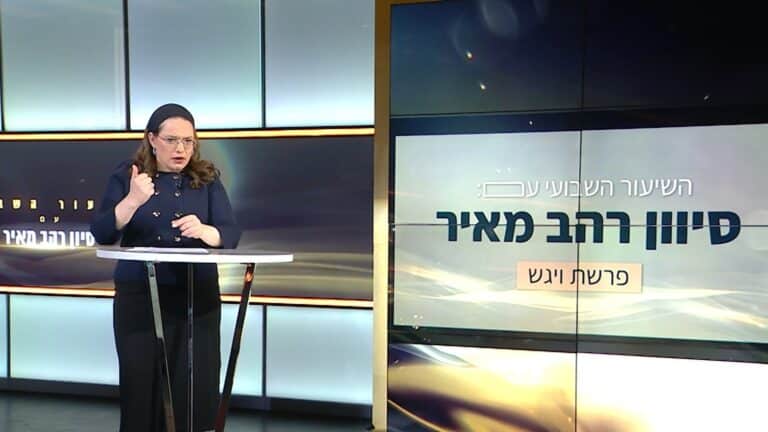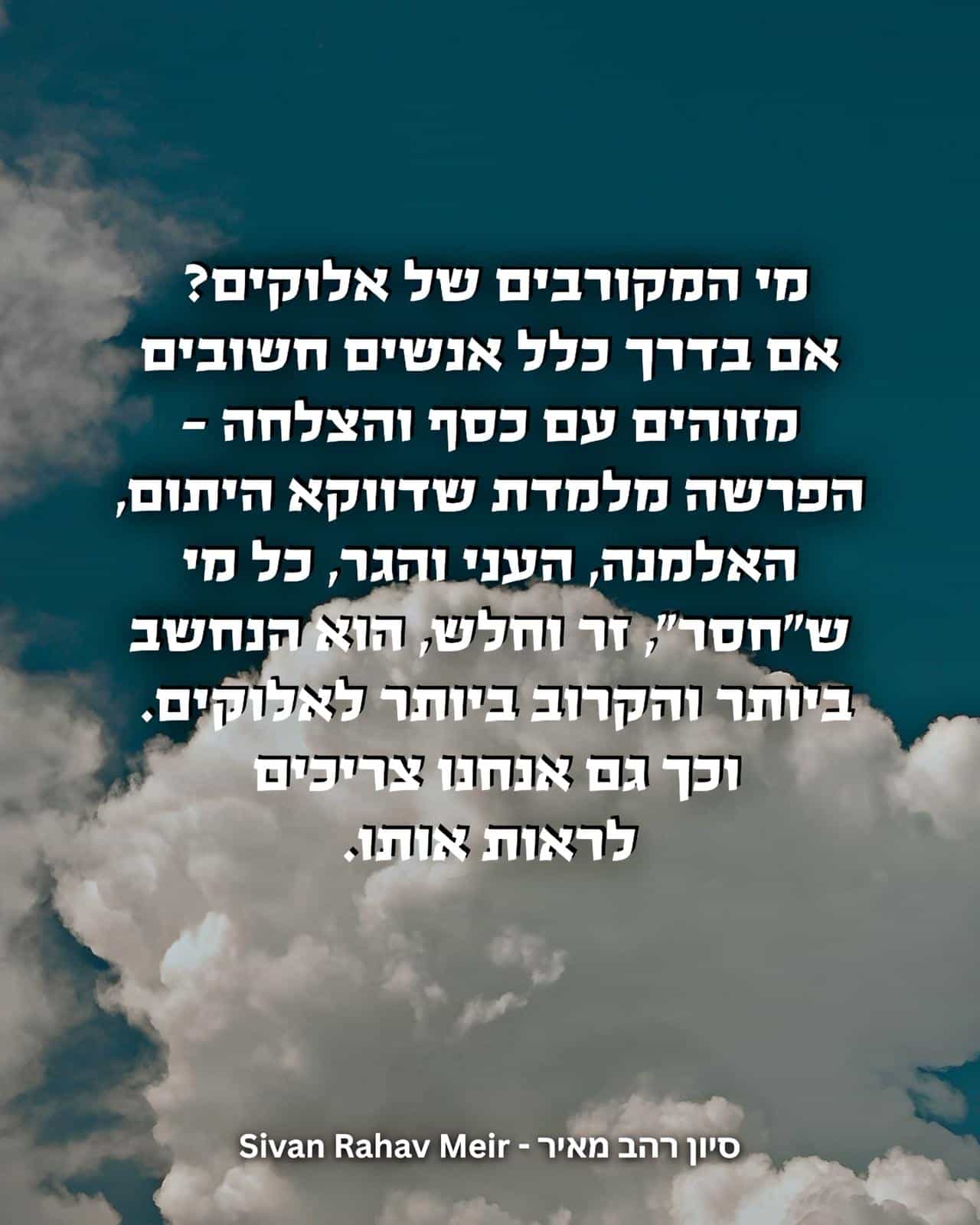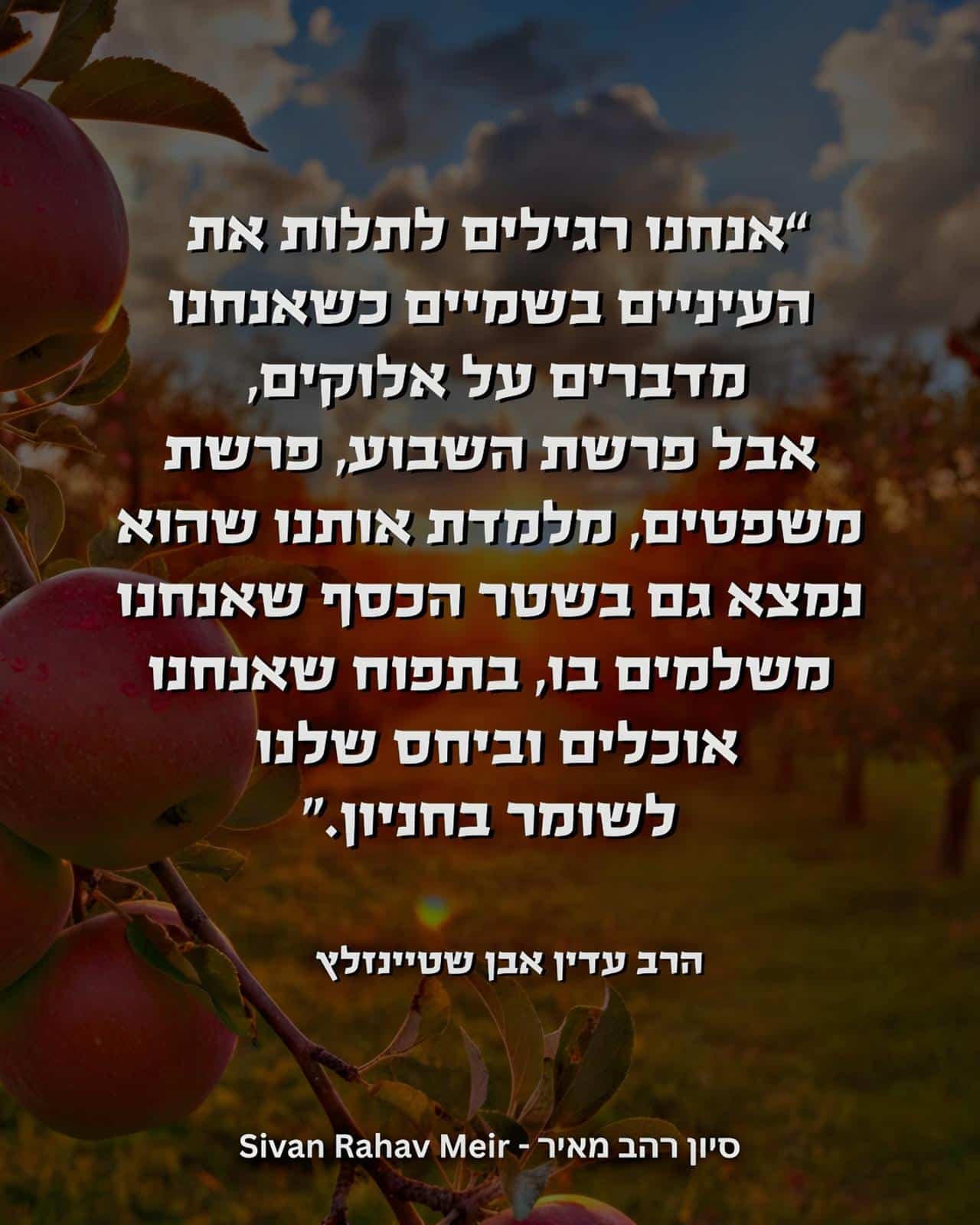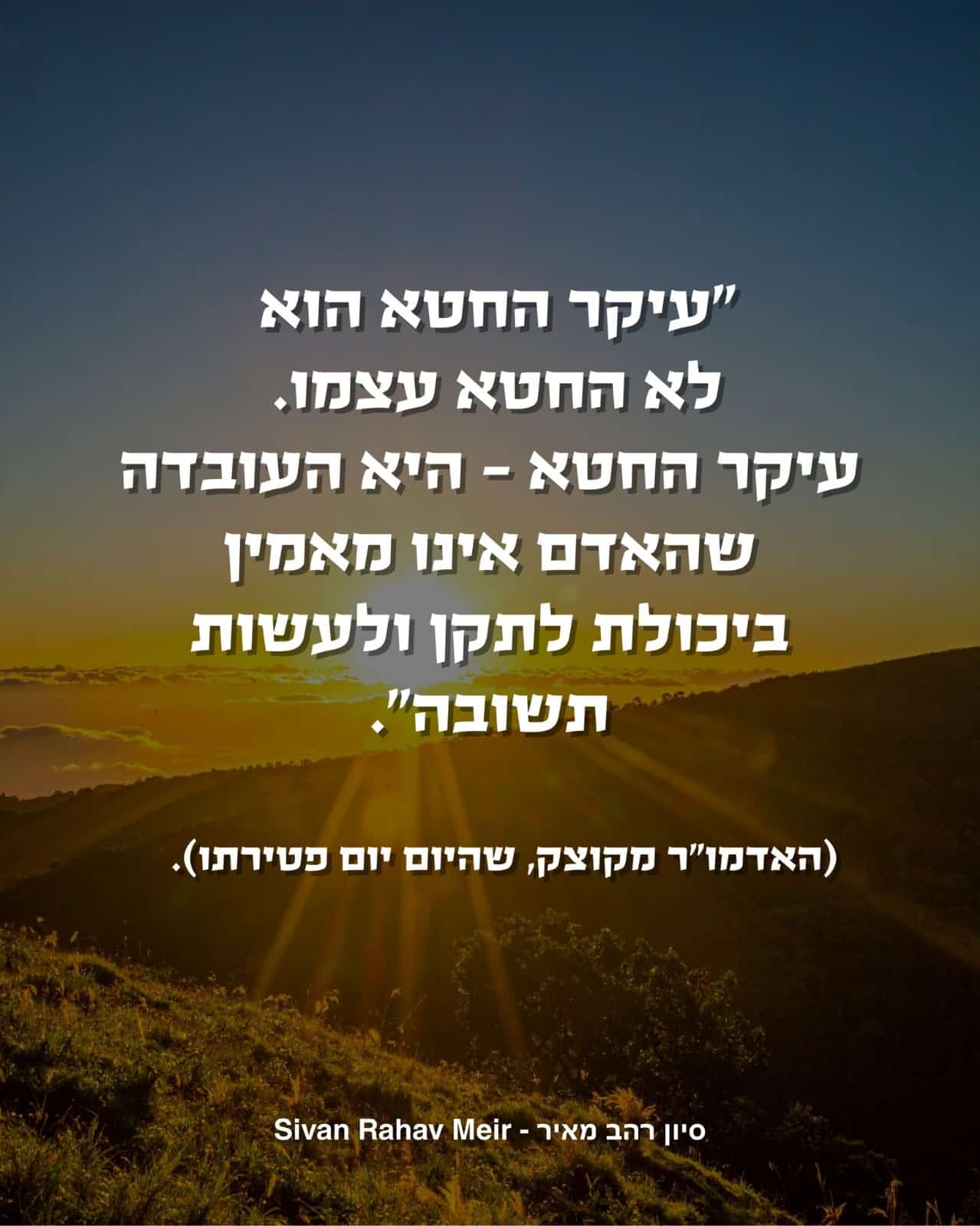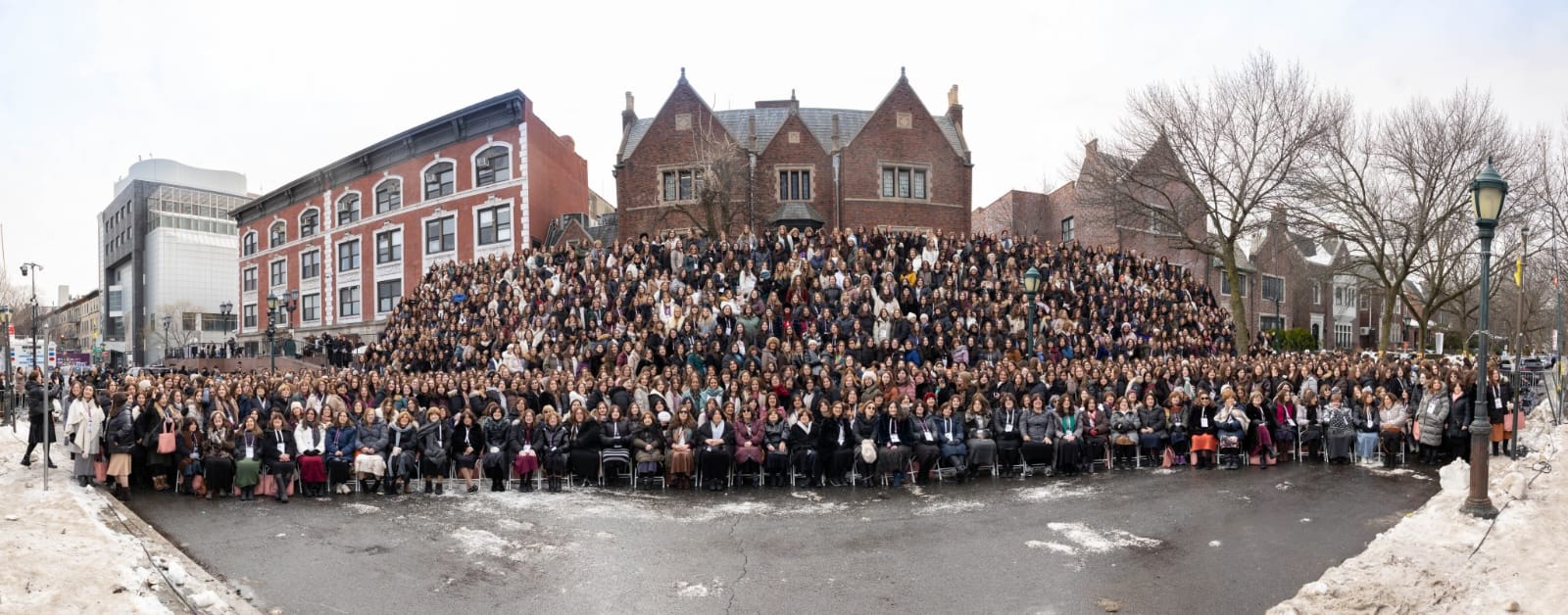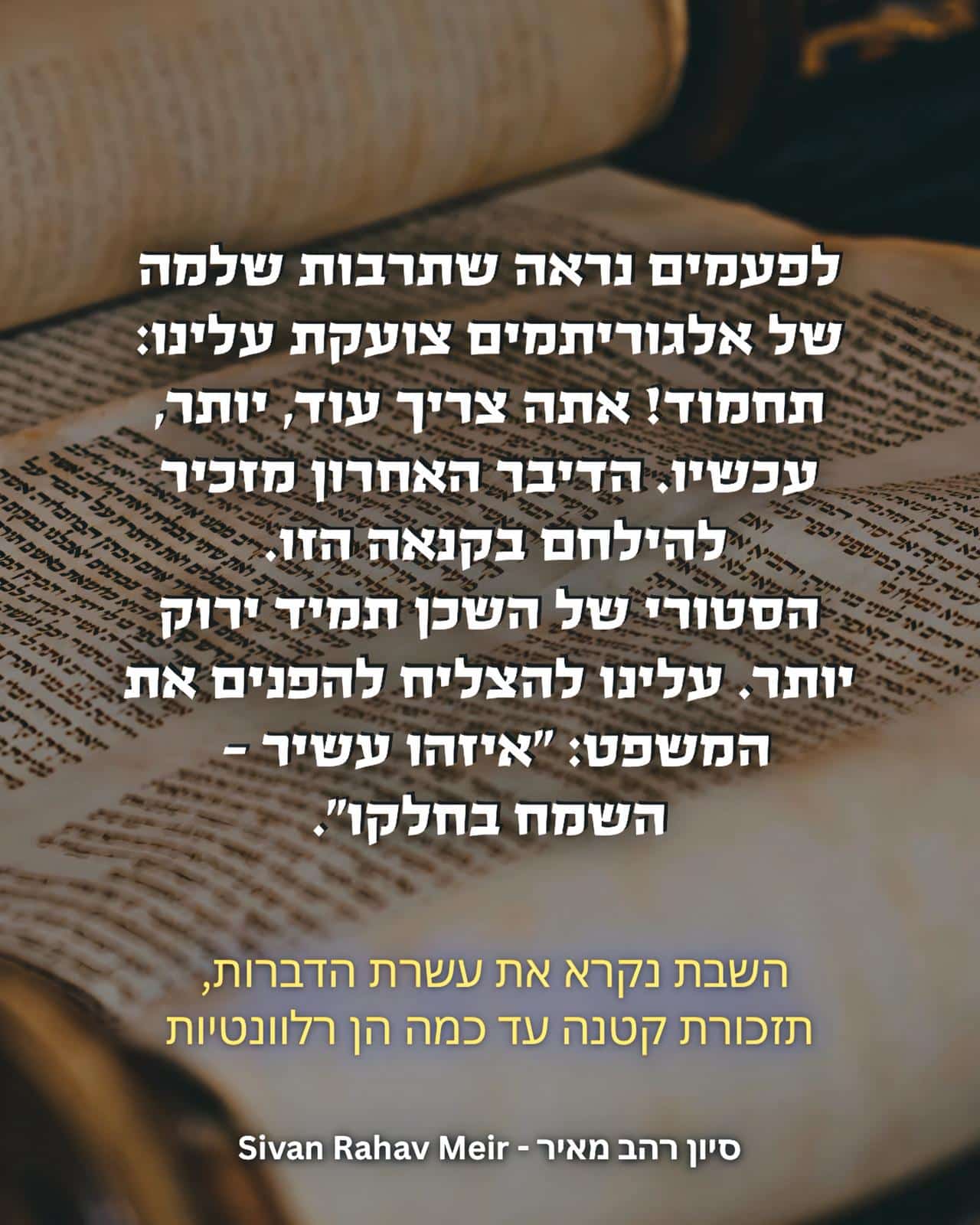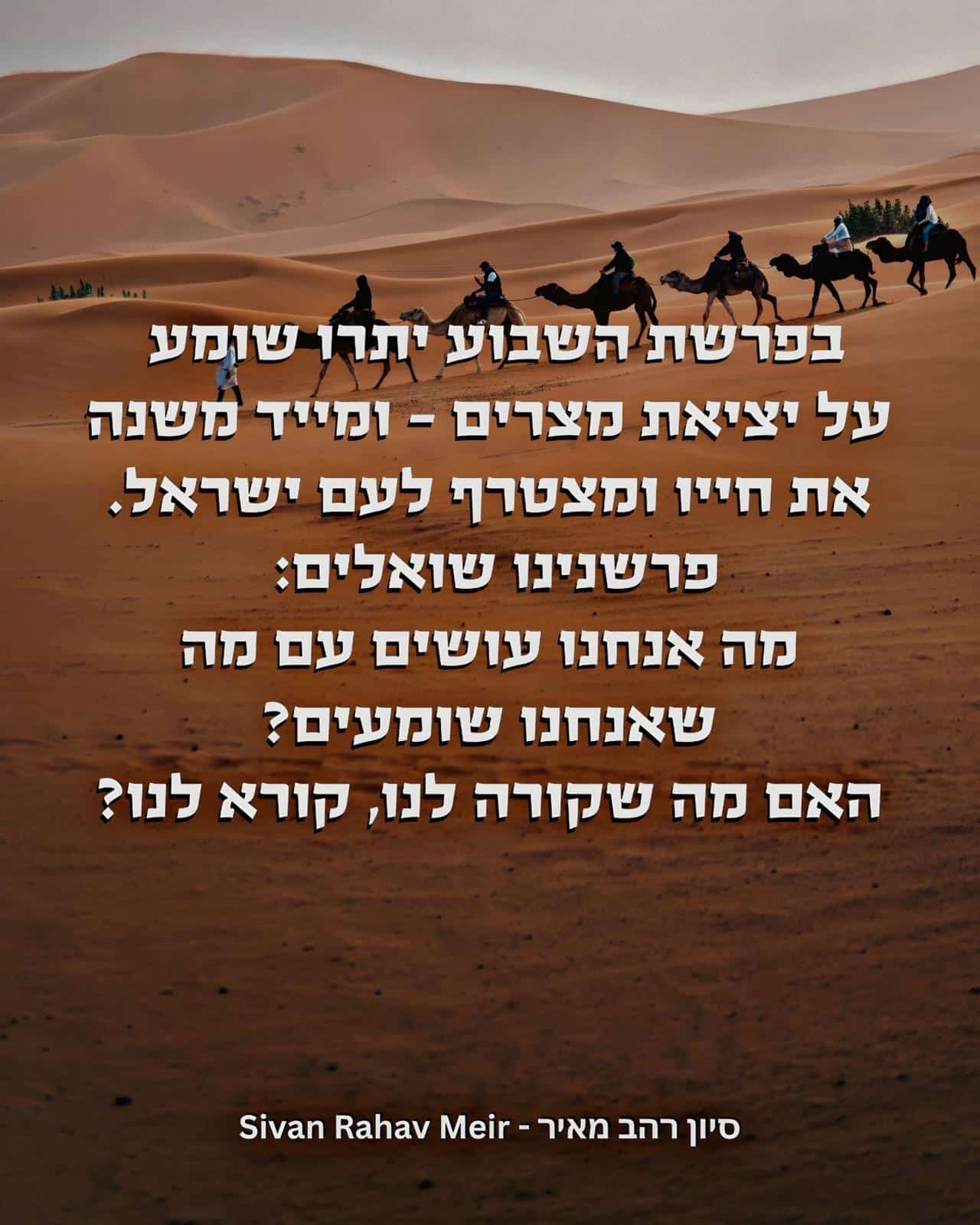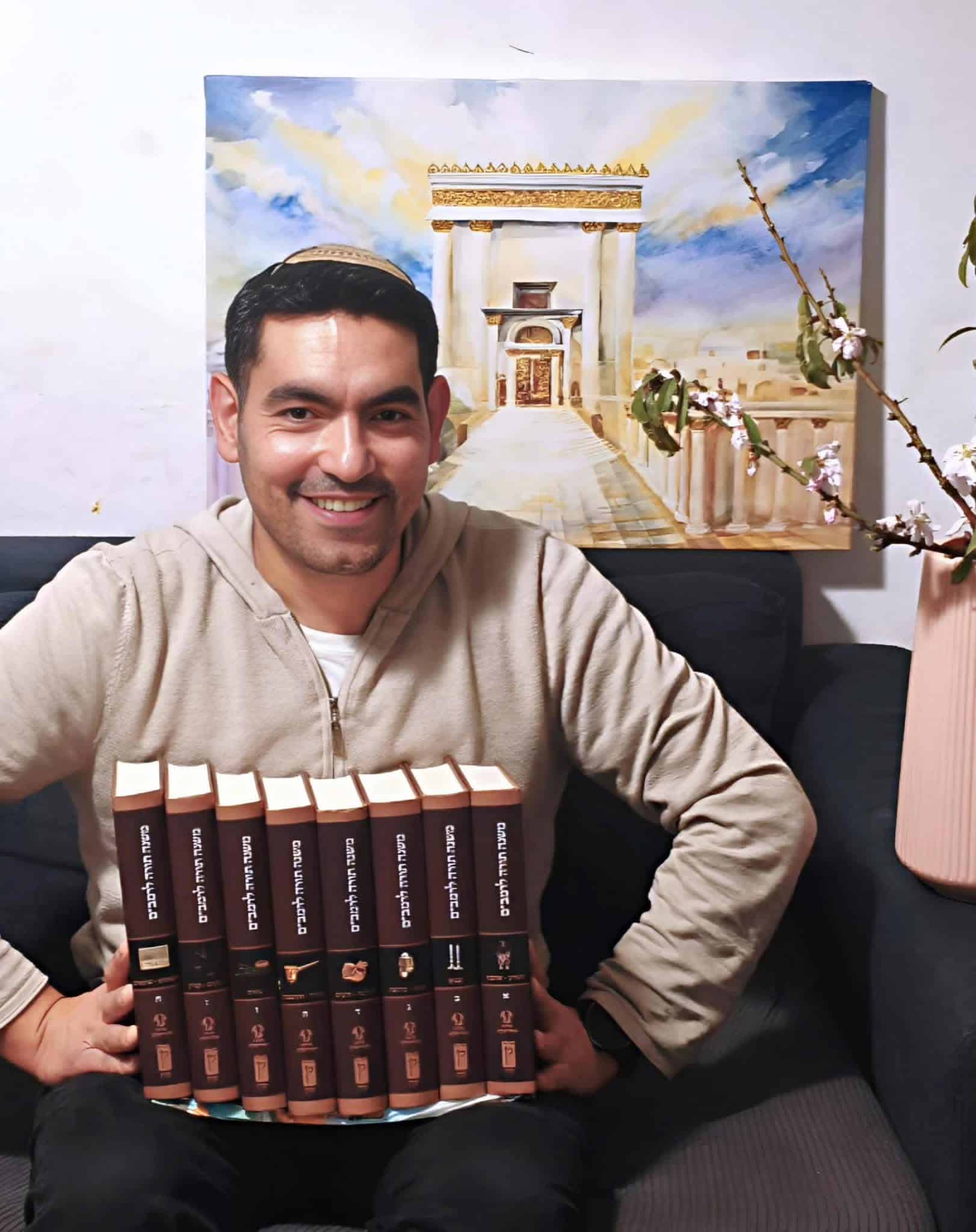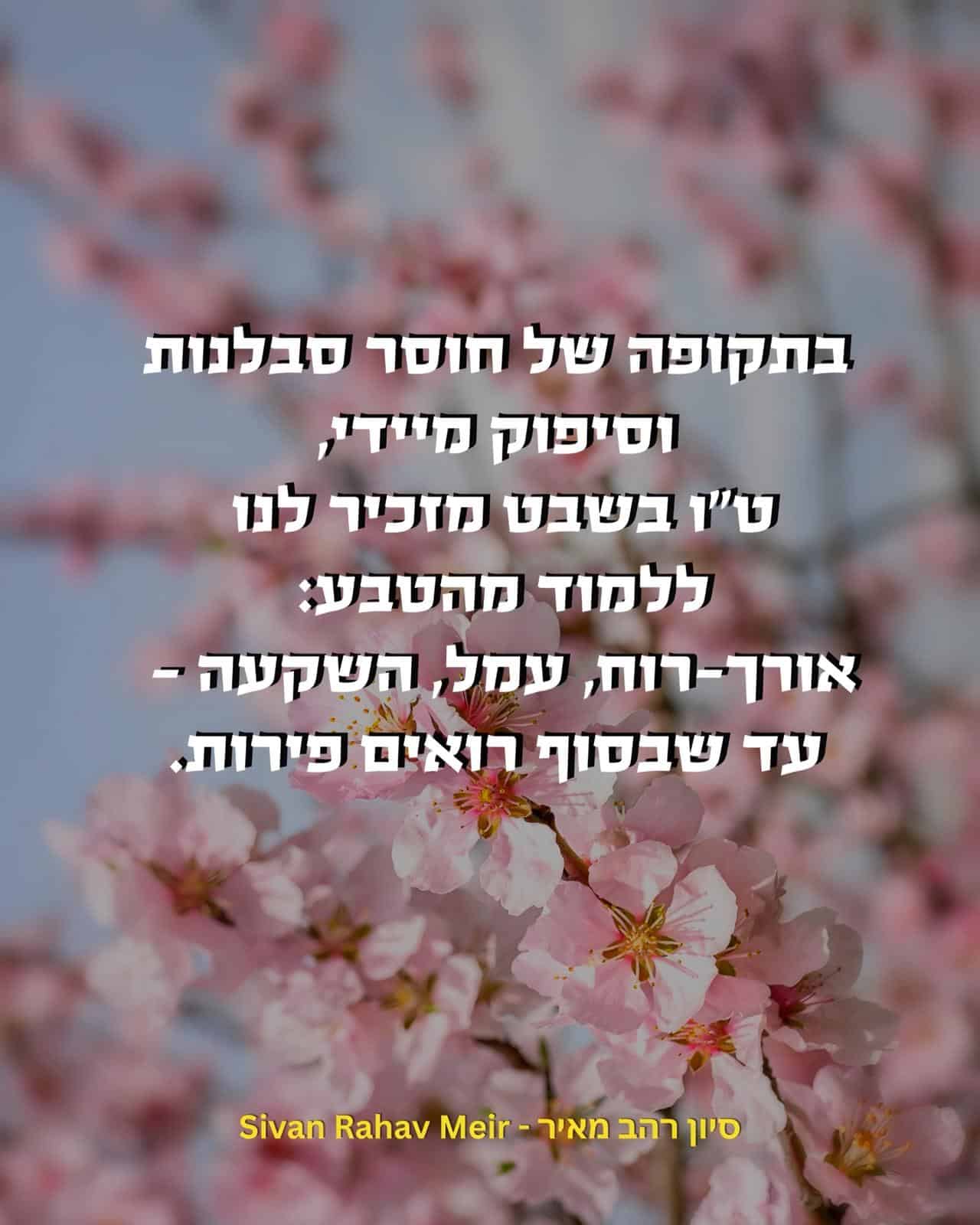1. Happy post-Chanukah. Yesterday, Thursday ("Zot Chanukah"), the days of Chanukah ended, right into Shabbat preparations. Some commentators write about "the ninth candle," about the day after Chanukah. This light doesn't really go out. We lit a light, we did something in the world, we created something in reality. We are invited to think about what we'll take from this holiday and what light and faith we'll add to our lives from here on, for the entire year.
2. This week's parsha, Parshat Vayigash, is the 11th out of 12 parshot in the Book of Genesis. The first book of the Torah is about to end. Notice that the Torah described the entire creation of the world in a few dozen verses, but already four long parshot, hundreds of verses, are dedicated to the relationships within or patriarch, Yaakov’s, family. This is the family that will establish the people of Israel, and here we need to stop, observe, and learn from these stories and messages.
3. After years of quarrel, tension and concealment, in this parsha Yosef identifies himself and reveals himself to his brothers ("I am Yosef"). The emotional and charged reunion between them ends with a message of unity and reconciliation. Yosef sees that they sincerely regret their treatment of him and that they have corrected their ways.
4. Yaakov also arrives in Egypt and meets his son Yosef after all these years. Yaakov hears, while still in Israel, that Yosef is alive, but he wants to know how he is doing spiritually: whether he is still connected to his father's house's heritage, whether he has assimilated in Egypt or if he continues the path. He discovers that Yosef is alive, in every sense. He hasn't forgotten who he is all these years, and has only elevated himself and built himself up.
5. In the parsha we see Yosef’s amazing interpretation of all the challenging events he went through. "For God sent me for sustenance," he says. After everything, God rolled all the events for good, for a mission. This is a faithful interpretation, which could be called "reframing." Yosef the Tzadik teaches us about the power to tell ourselves the story - any story - in a different, more positive and meaningful way. God sent us for sustenance.
Shabbat Shalom.
